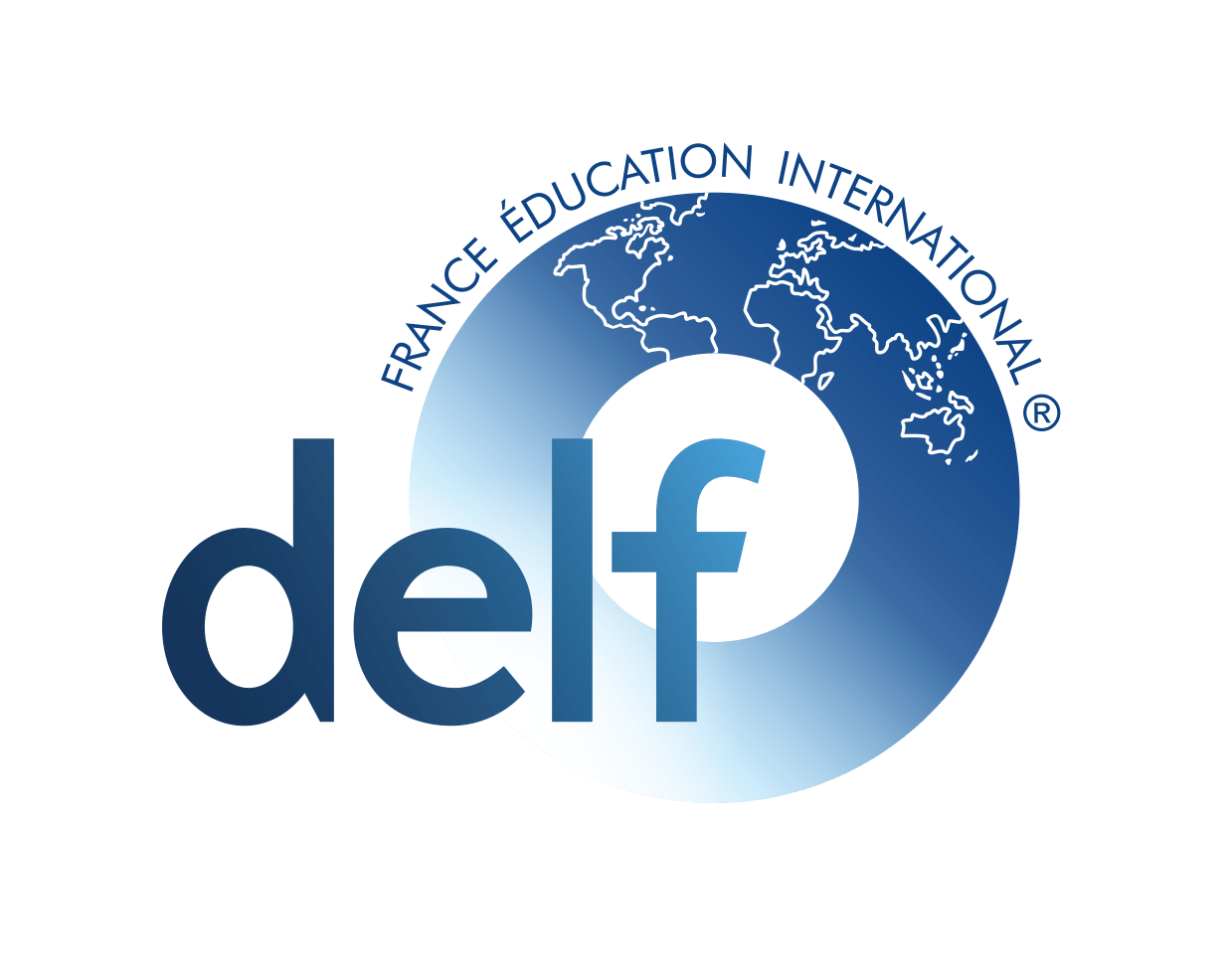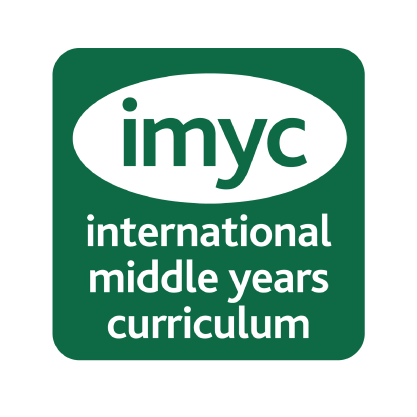ADDITIONAL PROGRAMMES
We provide key learning experiences in our educational process. We offer activities that the official Community of Madrid curriculum does not include within the school timetable. We consider these as an important addition to academic education. We provide an education that not only ensures acquisition of knowledge, but also a series of learning experiences enabling our children to develop their creativity, critical thinking, initiative and entrepreneurial spirit.
Our students in all school stages take part in learning experiences, such as environmental and charitable projects, projects that cultivate their communication skills in English and Spanish and develop their critical thinking skills.
Our students take part in a number of programmes and projects such as the First Lego League, the Eco-School Programme, the Maths Project for Good Causes, the Young Business Talents Programme, Communication Skills, ONCE’s Educational Awareness Programme against bullying, drama, public speaking and debate, story competitions, maths competitions, and the Biology Olympics.
EMOTIONAL EDUCATION AS A BONUS SUBJECT IN ALL STAGES:
Students in all stages of education complement their school work with emotional education based on the Botín Foundation’s Emotional Education Programme:
The school has been part of the Botín Foundation’s Network of Responsible Education Centres since 2014. This programme aids students’ emotional, intellectual and social growth. It cultivates and promotes communication, conflict resolution, self-control and fosters self-esteem and confidence. It teaches respect, tolerance for a wide variety of opinions and educates students in universal values. The students also engage in exercises involving breathing, mindfulness, emotional intelligence, etc.
All educational stages complement their academic activity with a subject dedicated to Emotional Education, taught by specialized psychologists at each stage. Promotes and encourages communication, conflict resolution, self-control, promotes self-esteem and confidence. It teaches respect, tolerance for the diversity of opinions and educates in universal values. The students also carry out breathing exercises, mindfulness, emotional intelligence, etc… To access this program, the Botín Foundation carried out an exhaustive selection phase among numerous schools.
- In the Early Years stage: It is at this stage that we fully develop all learning potential, based on an active, global and individual methodology, adapted to the needs and interests of each one. Promoting a playful and safe environment, children develop their maximum potential through the different activities and directed games, in order to cover all learning areas. Social, personal and emotional education; communication, language and literacy, mathematical development, knowledge and understanding of the world, critical thinking, physical development (psychomotor skills and swimming) and creative development.
- At the primary stage: our main objective is to develop the personal and individual abilities of each child with the aim of contributing to forming qualified people and future citizens capable of adapting to a changing global environment, providing them with a solid foundation to build a better world. We focus on personalized learning, enhancing the abilities of each student, teaching thinking strategies and creativity and seeking to develop skills and values, as well as knowledge.
- In the secondary stage: Our goal is learning, understood as the acquisition of knowledge and skills and the development of understanding in the social, personal, academic and international spheres. In addition, at this stage emotional education, tutorial action and communication with families take on special importance in our school. The management of emotions is a fundamental pillar in the learning process of our students, their emotional well-being is the basis for achieving excellence in learning.
- In the Baccalaureate stage: The objective is to ensure that our students leave with sufficient preparation to face the challenges of today’s world with total guarantees. It is about consolidating everything acquired in the previous stages and offering comprehensive training: preparing the student in ways of working and knowledge, as well as enhancing their skills and guiding them in such an important stage of their education. The School develops two modalities of Baccalaureate: Sciences and Social Sciences, with a range of subjects adapted to provide the student with all the knowledge and skills necessary for the subsequent stages of their training. Working in small groups gives teachers the opportunity to have a very specific impact on each and every one of the students with their characteristics. They have a broad enriched curriculum and leadership roles within the school. We provide personal support for college and career choices. Students are encouraged to take on leadership roles in the college.
Socio-affective development at school must be based on two fundamental pillars. On the one hand, it is about promoting a series of characteristics and qualities in the student’s training, highlighting three fundamental areas as objectives: personal development, from which self-knowledge, self-esteem and autonomy are worked on to self-regulate behaviour; social development, as the ability to relate and interact with others effectively; and moral development, fostering the ability to regulate interpersonal relationships, being sensitive to the needs of others and extreme in justice criteria.
We are part of the Responsible Education Project, an educational program of the Botín Foundation that favors emotional, social and creative development, promotes communication and improves coexistence in schools through work with teachers, students and families. The program offers centers training, monitoring, advice, evaluation and, above all, educational resources to work on these variables from the curricular areas, for three years.
The subjects where the resources offered by the program are implemented are: Emotional Education, Language and Literature, Art and Music.
COMMUNICATION SKILLS IN SPANISH AND ENGLISH THROUGHOUT EPO
This subject is an integral part of the EPO stage. It aims at developing communication skills and improving body language, etc.
Motivation and positive reinforcement programmes in all stages:
We believe that behaviour improves more effectively when it is regulated by a coherent system of positive reinforcement, rather than one that focuses on punishment. At other schools, it is often the case that the amount of time and energy devoted to correcting bad behaviour greatly exceeds that which is spent on acknowledging the efforts of those students who are meeting the school’s expectations.
We believe that it is important to recognise our students’ academic, sports and personal achievements and positive attitudes. This recognition encourages them, creating a model of good behaviour that serves as a template and inspiration.
PLAYFUL PHILOSOPHY SUBJECT IN EARLY YEARS & PRIMARY
Teaching Playful Philosophy to children benefits the development of intelligence
The United Nations Educational, Scientific and Cultural Organization has already highlighted the importance of incorporating this subject into the educational system from childhood in its report “Philosophy, a school of freedom”, published in 2011.
The Fontenebro School incorporates since 2015 in its educational curriculum and exclusively in the area the Playful Philosophy Program, for children from 3 years to 6th EPO. The main purpose of this activity is to develop in children and their educators the ability to think critically, creatively and carefully (ethically and affectively). It is about learning to think better for oneself, in a playful way, about issues of existence: emotions, thoughts, family, society, time, money, identity, language, the world, friendship, etc. To do this, thinking skills, creative attitudes and ethical positions are exercised.
The Playful Philosophy Program is framed as one of the fundamental areas of the Noria Educational Project, created by Angélica Sátiro, Doctor CUM LAUDE in Pedagogy from the University of Barcelona.
The objective is that boys and girls learn to think and act considering different perspectives. It is even desirable that they do so from unusual points of view for them. And that the use of the ability to think and act creatively gives them pleasure.
Thanks to this program, Laude Fontenebro School students develop logical, creative and ethical thinking, and put into practice basic thinking skills that will make them think better, faster and more efficiently while learning to solve their problems. problems being more adept at facing the challenges of the 21st century. And all this in a playful environment of play and dialogue, where all opinions can be valid, using narrative and art as resources to think.
Julia García Morán, Coordinator of the children’s stage and responsible for the implementation of the project since 2015 at the School, tells us that “the methodology of working with children is participatory, creative, playful, interactive, dynamic and holistic. That is, it stimulates the overall development of children physical, mental, emotional, social”
Recent research suggests that teaching philosophy to children can produce a significant improvement in their level of intelligence. The study, carried out by Spanish researchers (Roberto Colom, Félix García Moriyón, Carmen Magro, Elena Morilla) and whose results have been published in Analytic Teaching and Philosophical Praxis, is a longitudinal investigation in which a follow-up has been carried out for 10 years, from the age of 6 to the end of secondary studies, of a group that received weekly philosophy classes (455 boys and girls) and a control group that did not receive these classes (321 boys and girls). . Both the control group and the treatment group had the same socioeconomic profile and both belonged to students from private schools in the Madrid area.
The results show that the members of the treatment group increased their IQ (general cognitive ability) by 7 points and 4 and 7 points in fluid and crystallized intelligence, respectively. In addition, philosophy classes with children reduced the accumulation over the years of the number of students in the “risk zone” .
Regarding the influence of these sessions on personality traits, philosophy students from an early age showed a tendency towards extraversion, honesty and emotionality. These traits could be enhanced, more than by the actual content of the classes, by the teaching modality that philosophy requires to be taught in classes: discussion groups, debate to question preconceived ideas and the continuous proposal of questions. Philosophy with children requires a much more democratic class structure in which the student is an active subject along with the rest of the classmates and the teacher becomes a facilitator and guide for the student’s research (something that connects very well with with Vygotsky’s theory of the zone of proximal development).
The particularity of philosophy is not so much the content of these studies, understood as a “package of information” that is transmitted unilaterally from the teacher to the students, but rather the role of this discipline as a favorable framework for asking questions and proposing answers, that is, Create your own way of seeing the world.
One of the great challenges in the education of future generations is to promote ecological thinking, which is why the centers associated with this Program also have a project to create a garden based on the stories in which the stories to think are developed ” Juanita and her friends. To this end, Laude Fontenebro School already has its own Playful Philosophy Garden, conceived as a space to play, think, interact and where children develop that ecological awareness from the experience of cultivating and caring for the garden.
Playful Philosophy for children is currently taught worldwide in countries such as Portugal, Italy, France, Norway, Canada, Australia, Uruguay, Mexico and Brazil, etc…
Belonging to the International Schools Partnership chain, Fontenebro School offers a bilingual, comprehensive and personalized educational project for each and every one of our students, according to the qualities, aptitudes and values that they will need in the future.
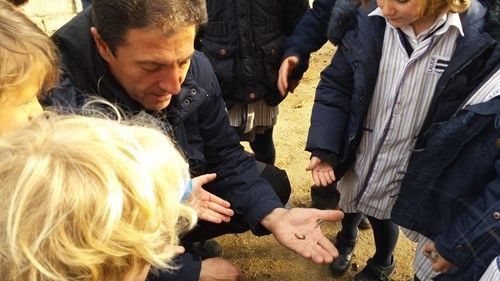
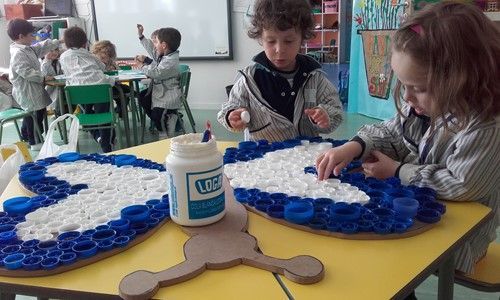
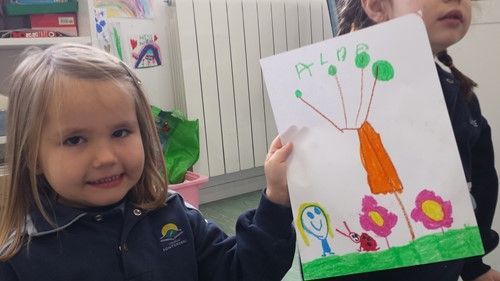
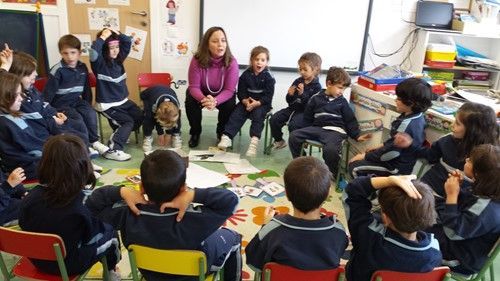
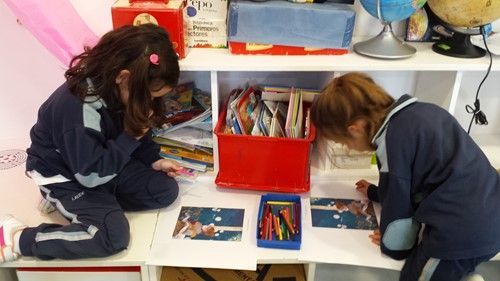
READER PLAN and ACCELERATOR READER
Reading promotion program, with points card and social recognition with medals and awards.
Program to promote reading in English, with a points card and social recognition with the awarding of medals and awards.
ACTIVE PLAYTIME PLAN
Program to encourage active rest and curiosity for learning and participating in new areas. It also rewards initiative, teamwork, and coordination. During breaks, voluntary activities such as the Restless Minds Workshop, board games, mindfulness, Zumba, film and television workshops, radio, public speaking, theater, etc., are offered.
SOLIDARITY PROJECTS
Fontenebro International School is involved in numerous solidarity programs and collaborates with various local associations and the City Council to support any initiative that contributes to improving and addressing issues affecting its community, especially those related to the environment or culture.
Our students participate annually in special programs for carrying out solidarity initiatives such as theatrical performances, concerts, games, choirs, and dances by our students in Nursing Homes, Children’s Hospitals, etc.
We are defined by a strong commitment to society and the environment. Both the school and our students participate in volunteer programs and solidarity initiatives (Collective Pantry, Solidarity Marathon, solidarity markets, etc.) organized by significant humanitarian organizations, always promoting Service Learning.
Annually, students and families collaborate in the beach cleanup organized by ECOEMBES.
SPORTS AS AN EDUCATIONAL TOOL
Fontenebro International School has been officially recognized by the Ministries of Health and Education as an educational institution committed to the use of sports and physical education. Additionally, we are strongly committed to training and raising awareness about healthy habits through various programs.
Furthermore, students have 3 hours of physical education per week, including one dedicated to swimming, incorporated into the school schedule from the age of 2 up to 4th ESO (Educación Secundaria Obligatoria).
In 4th ESO, we offer the possibility of validating the practical part of the Lifesaving and Lifeguarding certificate. Our 4th ESO students have the opportunity to graduate with the Lifesaving and Lifeguarding Certificate from our school at the end of the course, following the relevant tests.
Moreover, we provide a wide variety of extracurricular activities focused on sports, as well as different workshops and programs outside of the school hours, such as the “Sundays in the Mountains” activities, organizing hiking routes for the entire family in various locations in the Sierra de Guadarrama.
We are strong advocates for the importance of physical education, which promotes friendship and fair play, discipline, teamwork, and respect for rules.
Our school makes a firm commitment to sports as a source of growth and personal development for students, contributing to improving their self-esteem, physical fitness, and enhancing values such as team spirit, confidence, and camaraderie.
MUSIC, CREATIVITY AND PERFORMING ARTS
MUSIC EDUCATION AT FONTENEBRO
Since its foundation, the school has always considered music as an important subject for the education of our students, being a key factor in our educational project.
From the Early Childhood Education stage, through Primary Education, and until the completion of Secondary Education, students develop their skills and knowledge in various aspects: listening, voice, rhythm, dance, practice with instruments, reading sheet music, knowledge of fundamental elements of music, and its evolution throughout history (styles, composers, etc.) as well as music from other cultures.
In addition to music as a curricular subject, the Music Department carries out and organizes other activities such as choir, orchestra, music school, the Emotions Choir, and technology.
We also work on emotional and social aspects that play a role in musical activities, aiming to develop their creative and critical capacity.
ART AND CREATIVITY, ANOTHER FUNDAMENTAL COMPONENT
Our students have specialized art teachers from the Early Childhood stage. We believe it is necessary to provide this student body with a program that gives them the opportunity to approach different areas of knowledge in a different and deeper way, enhancing their experimentation, developing their creativity, showing them how to research, and varying teaching and learning strategies to adapt to their abilities and needs.
If a student shows interest in art, at Fontenebro, we offer a specialized Art Bachelor’s program for them to develop their skills and prepare for the artistic labor market.
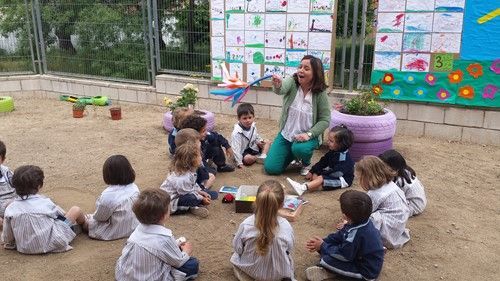
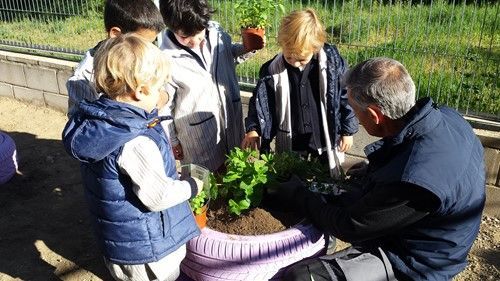
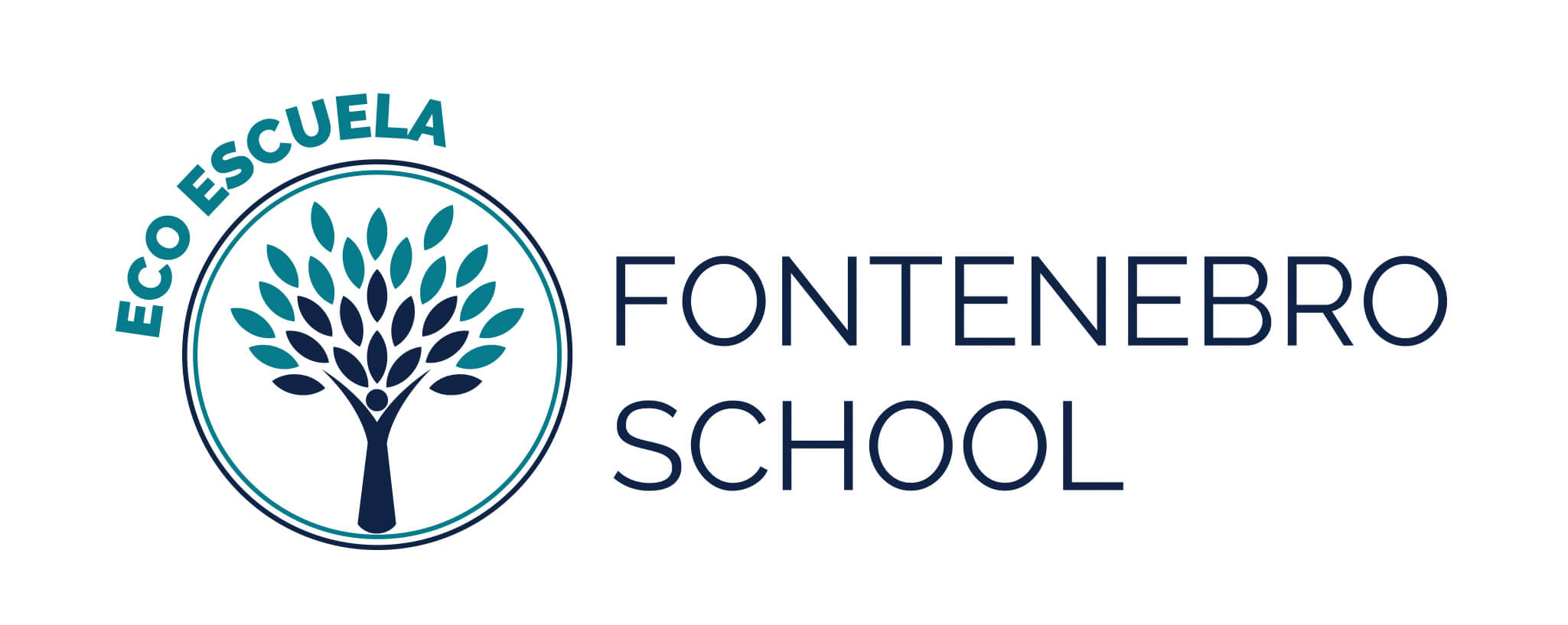
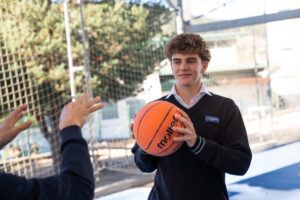
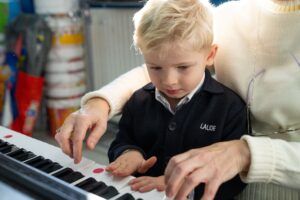
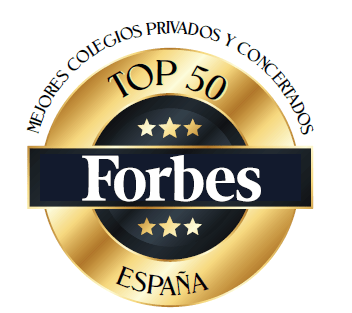
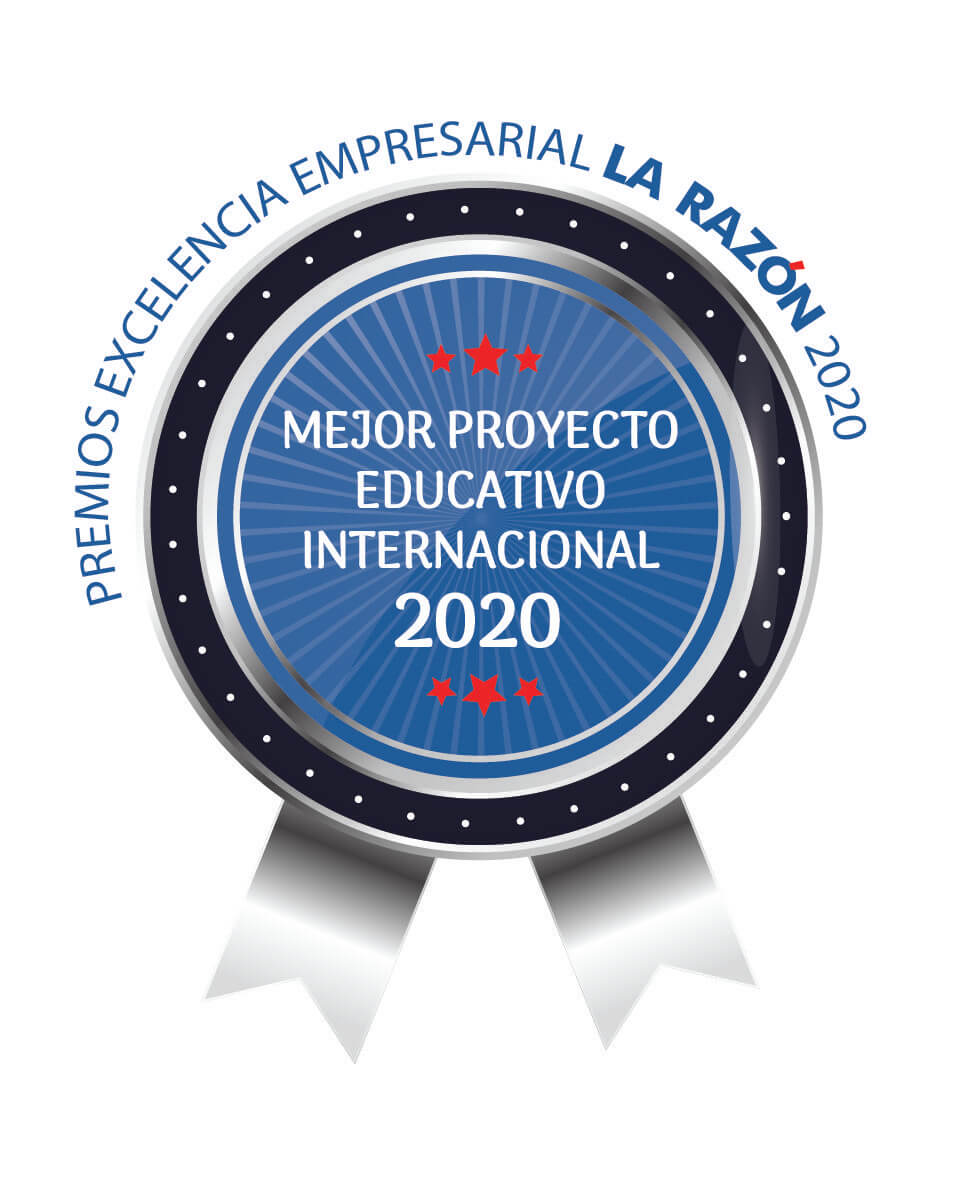
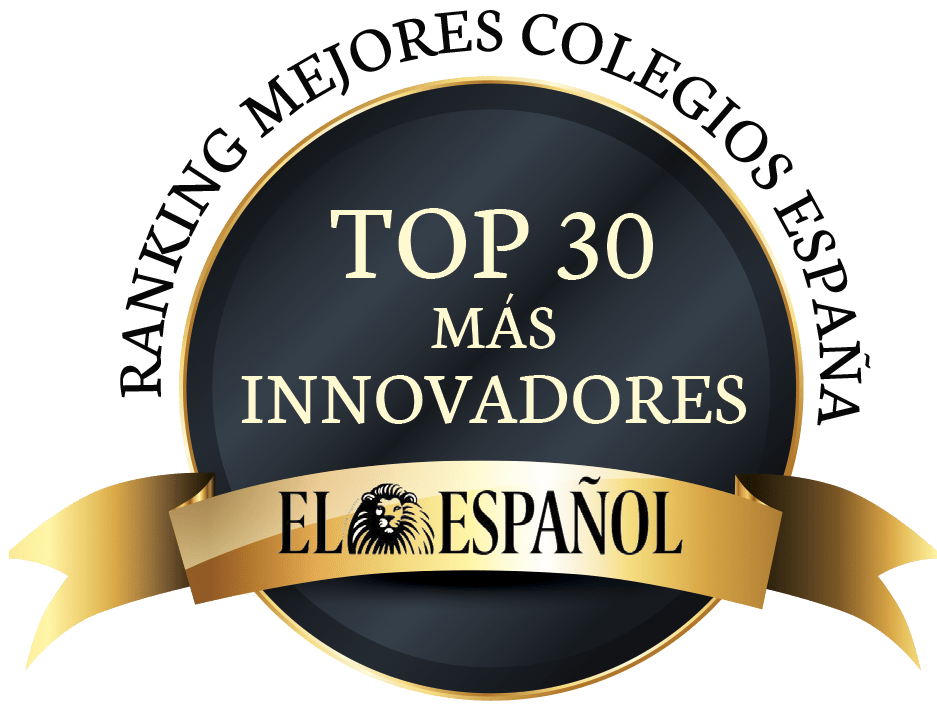
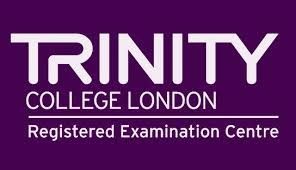

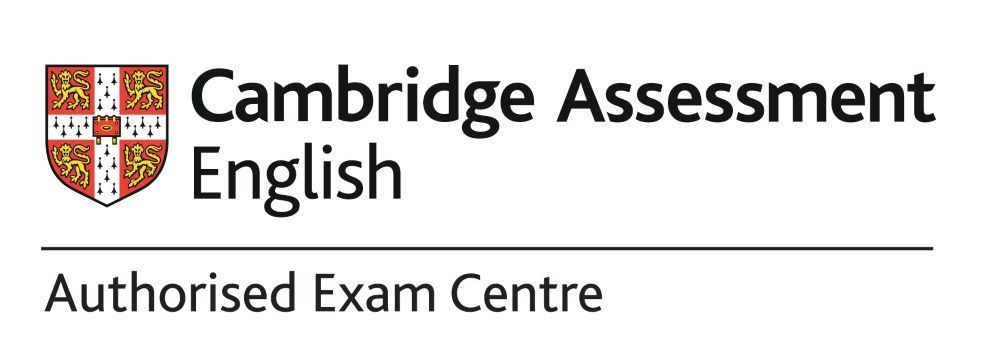
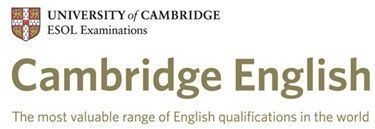


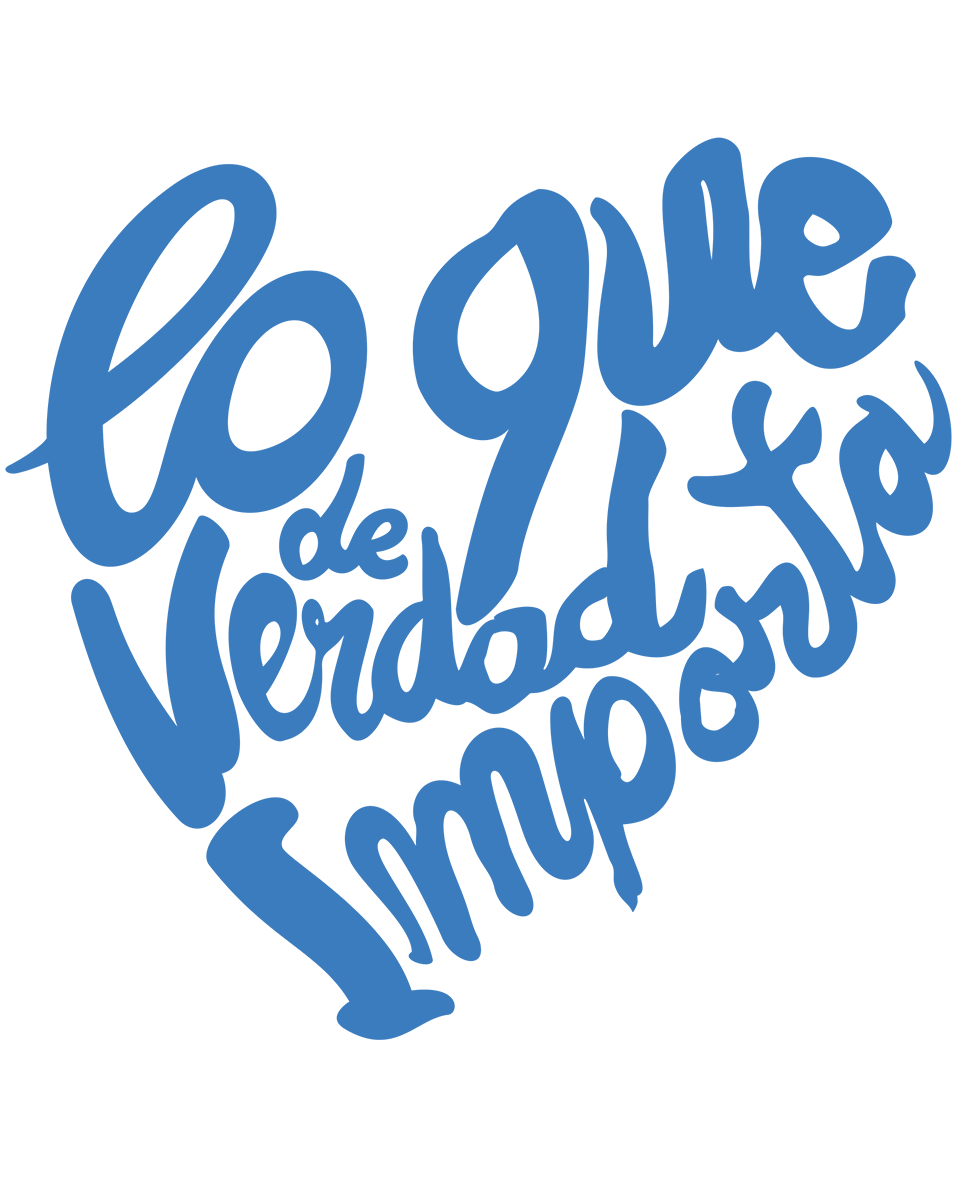
![BAPParentLogo[5]](https://fontenebroschool.com/wp-content/uploads/2020/09/BAPParentLogo5.png)
